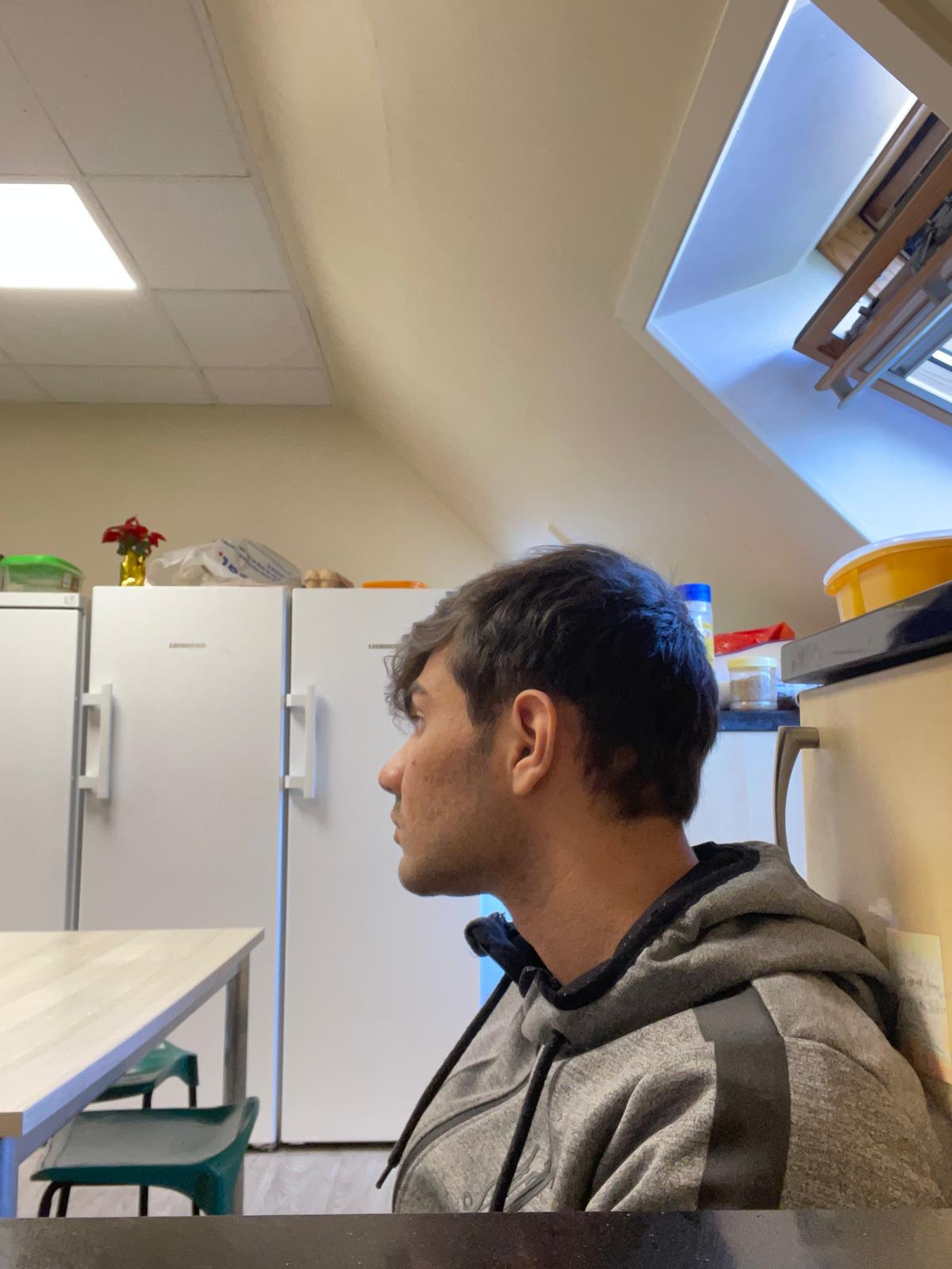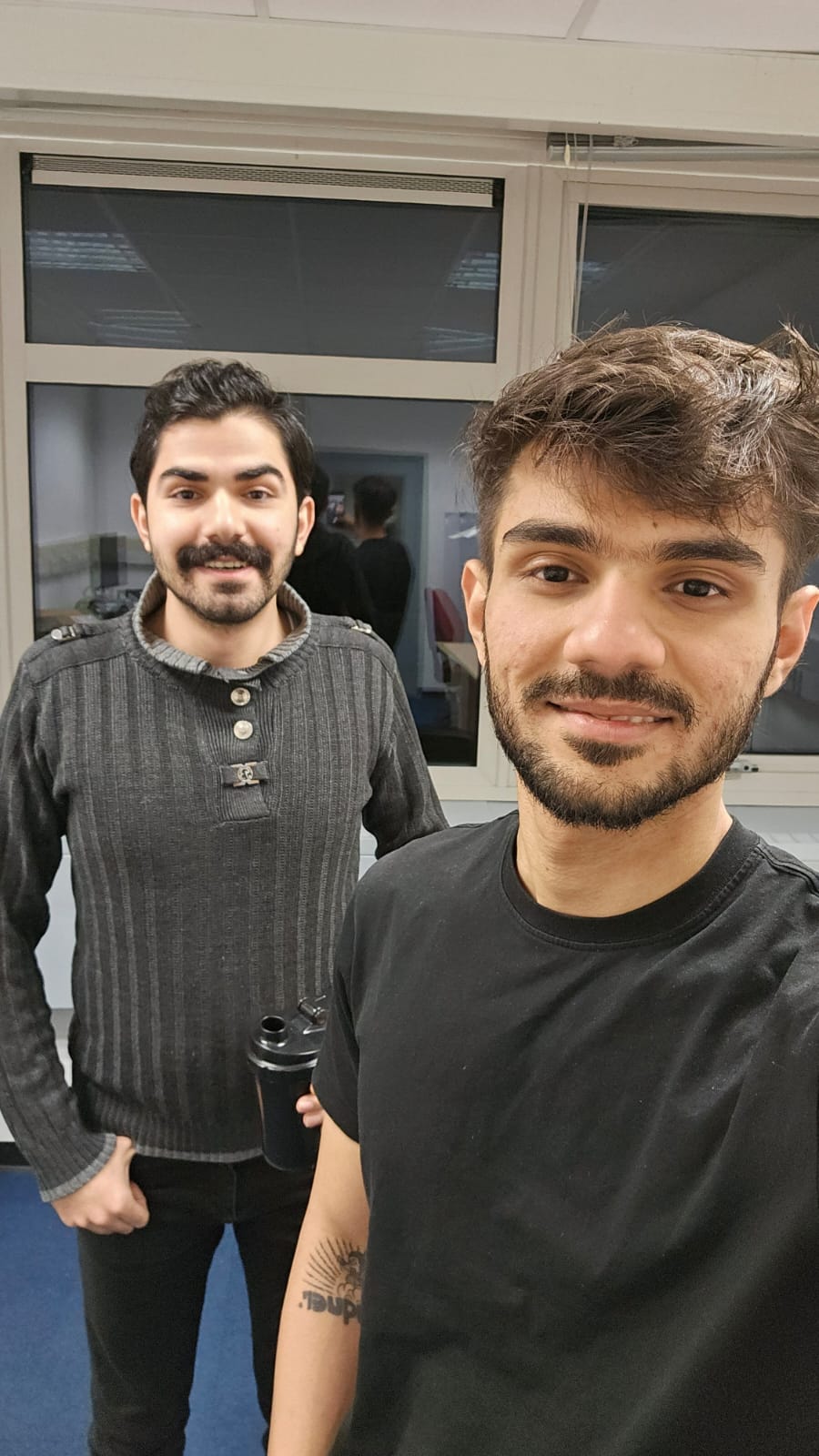It all started when I entered the student accommodation at the university and was greeted by an Iranian woman. It was the biggest cultural shock I had ever experienced. I locked myself in my room for a day and only came out to fill my water bottle.
In our accommodation, there were Iranians, Chinese, and Indians. What a mix! I never imagined this. My mind was buzzing with excitement. I had always dreamed of meeting people from around the world and absorbing diverse perspectives. But I was a bit shy and used to judge myself. Just talking to someone from outside my country felt like a challenge, but I was determined to do it.
Slowly, my shyness began to fade as we lived closely together, cooking, eating, and sharing our experiences. Yet, I still felt there were barriers. Everyone was kind, but it didn’t feel like we truly connected. That all changed one day when we gathered around and shared Panjiri. All credit goes to my mother the Panjiri she sent from home was a hit. I made sure everyone tried it, knowing it could be my way into their hearts. I called it Mom’s magic, and it worked. Suddenly, we all felt closer, as though the warmth of her recipe brought us together. It was a powerful realization: food has the ability to unite people and strengthen communities. And it all unfolded in our student accommodation kitchen, the heart of our shared journey. This is what makes studying at an international university so special.
But believe me, it was stressful. Assignments, and cooking, were overwhelming. I constantly found myself in flux, as if I were cooking my assignments and writing my food at the same time. Seeing my sad face, Ghazal, the Iranian woman, asked why I was feeling low. I told her that assignments, job hunting, and constant comparisons were taking a toll on me. She understood and gave me advice, which she still does. I have always felt like she is an aunt to me. Her food, love, and care at such a moment were priceless. All I did was be myself. I was kind, patient, and open, and that openness played a huge role. I believe it is a universal truth that to make friends, you have to be patient.
Then came the rockstar Navid. A young boy from Iran doing his PhD at the University of Surrey, he was always teasing everyone and joking around. At first, I found him a bit strange, but my willingness to know more kept me going. One day, when I was burned out and drained, I asked him for advice. I needed support. Sitting at the kitchen table, he shared his wisdom. That kitchen became our sanctuary, where conversations turned into lessons and friendships deepened.
Navid and I started going to the gym together. Eating and lifting became part of our routine for months. Coming back tired, we shared the kitchen to cook. Ghazal, with her endless kindness, made sure we ate well when we were too exhausted to cook. Everything revolved around the kitchen table, the unsung hero of our story. Everyone struggled to clean that kitchen table, yet somehow, it always brought us back together.
Now, we stand tall together, reliving the Achaemenid era in a much more peaceful and fun way.


